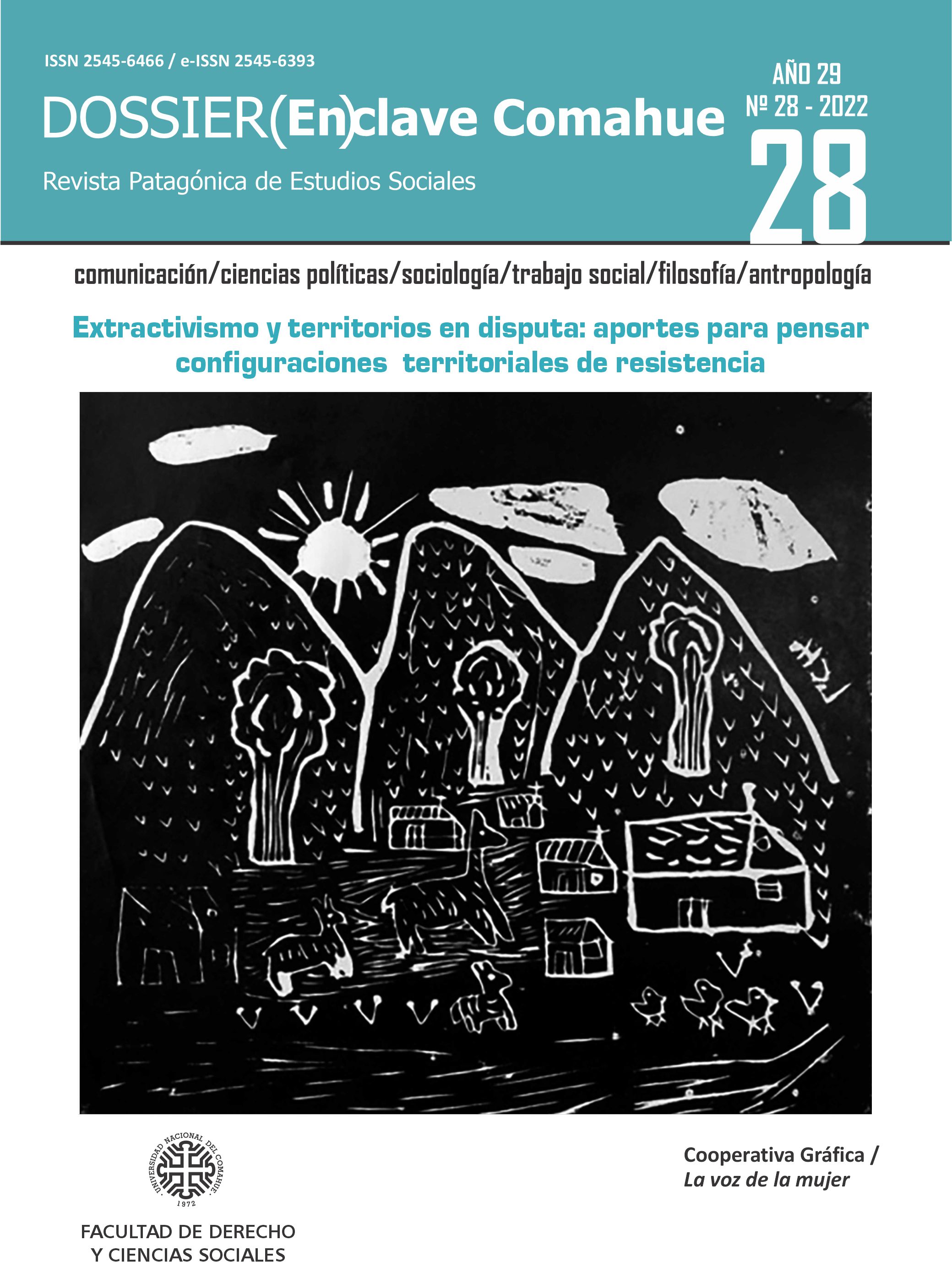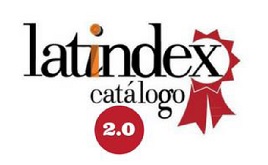Territorial reflexivity in Popular High Schools from AMBA: an analysis of subjectivities and agencies
Abstract
The purpose of this article is to investigate the subjectivities and agencies developed by people in the territories across the institutions that they integrate, taking as an empirical reference the narratives of referents and students of popular High Schools of the Metropolitan Area of Buenos Aires, in the framework of collective research projects on experience, subjectivity and rights in school institutions. Based on the notion of territorial reflexivity developed in previous analyses (Giacoponello and González, 2019; González and Giacoponello, 2019; 2021a; 2021b), we recover the tensions and meanings that arise among subjects, institutions and territories, in their struggle for recognition and the guarantee of the right to an education. In these processes, reflexivity emerges as a formative attribute of agencies, which in turn feed back into further reflection. These types of agencies are characterized by being territorial, singular as well as collective, and strongly marked by the imprint of that specific territory and institution. This article shows how territorial reflexivity also consolidates agencies in these institutions’ students and referents. In this way, not only the logics of the territory but also its institutional dynamics and subjective meanings are intertwined in territorial agencies. We highlight the importance of analyzing the territorial processes that take place in rights disputes since clues to their guarantee could be expressed in them.
usechatgpt init successDownloads
Downloads
Published
How to Cite
Issue
Section
License
Copyright (c) 2023 Mariela Giacoponello, Mariana González

This work is licensed under a Creative Commons Attribution-NonCommercial-ShareAlike 4.0 International License.
Los autores de los artículos publicados conservan los derechos de autor y garantizan a la revista el derecho a ser la primera publicación. Los autores podrán adoptar otros acuerdos de licencia no exclusiva de distribución de la versión de la obra publicada (p. ej.: depositarla en un repositorio institucional o en sus sitios personales) siempre que se indique la publicación inicial en esta revista.
Los artículos se publican bajo la licencia de Creative Commons Reconocimiento-NoComercial-CompartirIgual 4.0 Internacional, mediante la cual se permite copiar, reproducir, distribuir, comunicar públicamente la obra y generar obras derivadas, siempre y cuando se cite y reconozca al autor original. No se permite utilizar la obra ni sus posibles obras derivadas con fines comerciales.
ACLARACIÓN: En números anteriores al año 2017 se utilizó la licencia Creative Commons BY-NC-ND para la publicación de los artículos.







